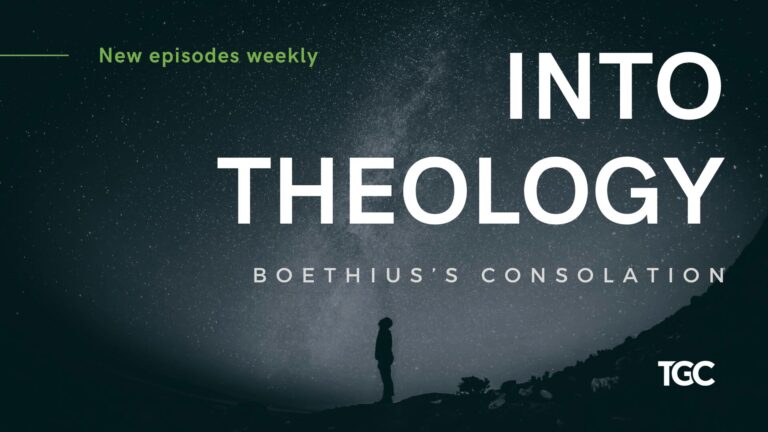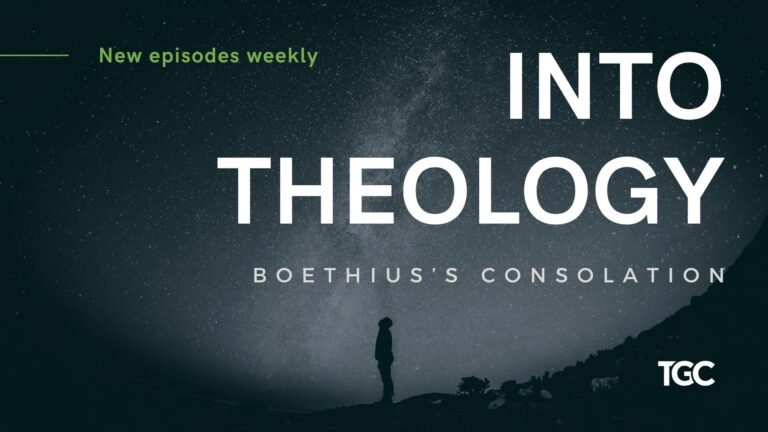When an earthquake struck Philippi, Paul’s jailor asked him and Silas, “Sirs, what must I do to be saved?” They answered without hesitation, “Believe in the Lord Jesus, and you will be saved, you and your household.”
I take that to be normative. When someone believes in the Lord Jesus Christ, they will be saved. Granted, four soils make up the visible church. So not everyone who says “Lord, Lord” will in fact pass through judgment on the last day. And certainly churches may discipline members whose lives do not match their profession.
Despite all of this, there are good and biblical reasons why Christians should accept professions of faith without cynicism.
First, the theological virtues of faith, hope, and love compel us
Paul tells us that faith, hope, and love make up the three theological virtues. The greatest, he affirms, is love. Now, love in particular compels us to believe and hope all things. In simplest terms, Christianity does not lead to cynicism. It leads to hope.
We trust in God’s sovereign design, his powerful Gospel, and the working of his Spirit. So when the Philippian jailor confessed Christ, Paul and Silas accepted it. Granted, they spent part of the night explaining what that faith meant before baptizing the jailor and his household. Fideism is not faith. But faith understanding and professing Christ is something in which we can hope.
I would rather be wrong about someone’s salvation in hope than right about someone’s false profession in cynicism. The first is a virtue, the second a vice.
Second, God saves the most unlikely of people
Paul possibly murdered Christians; he at least persecuted them. And God saved him. He knew all too well that God saves the lowest and meekest of the world to shame the wise. In fact, he says that to the Corinthian church. God chose them, he explains, to shame the wise of the world.
God saves the most unlikely of people. He saves the down-and-out, the tax collector, the prostitute and so on. Interestingly, it seems that often the likely people are left out—the religious elite, the moral rich young ruler, and the respectable.
So I might be so bold to claim that the more unlikely the convert, the more hopeful-love we should express. Again, cynicism in such a case betrays something of a misunderstanding of the God who saves the worst of sinners—among whom I am one of the severest.
So should we trust professions of faith right away?
As long as someone clearly knows what it means to say, “Jesus is Lord,” then I see no reason why we should doubt a profession of faith. I grant that we may want to spend more time instructing a disciple before they take the first major step of obedience, namely, baptism.
In fact, Paul and Silas spent part of the night doing just that when it came to the Phillipian jailor. And we may well find out, as many do, that people leave the faith. Or more precisely, they leave us because they were never of us.
But we believe in God who—hope against hope—made life in the womb of elderly Sarah. We believe in a God who created all worlds. We believe in God whose perfect life redeems the most imperfect of sinners.
I am bound by hope. Here I stand. And thank God for it.












